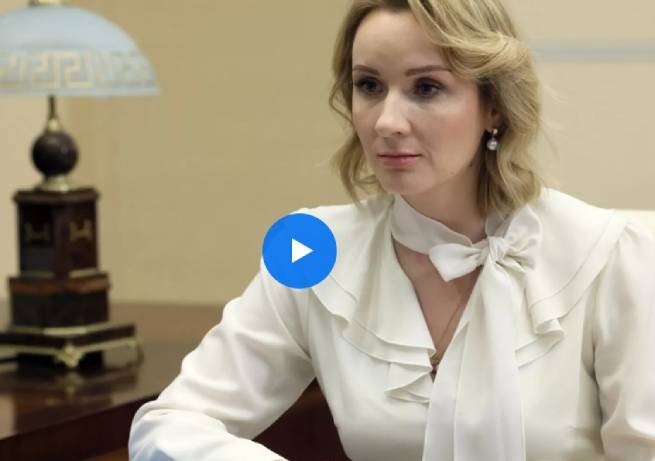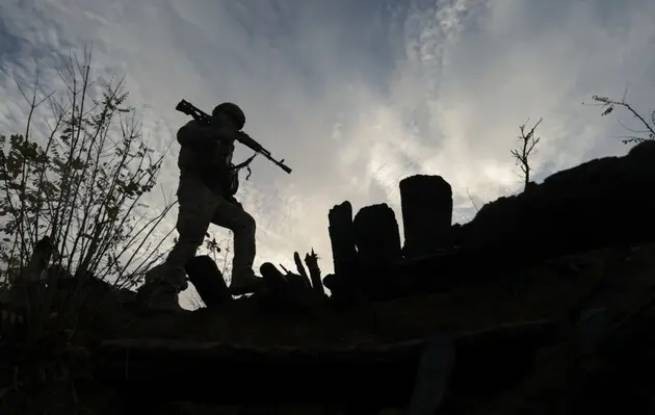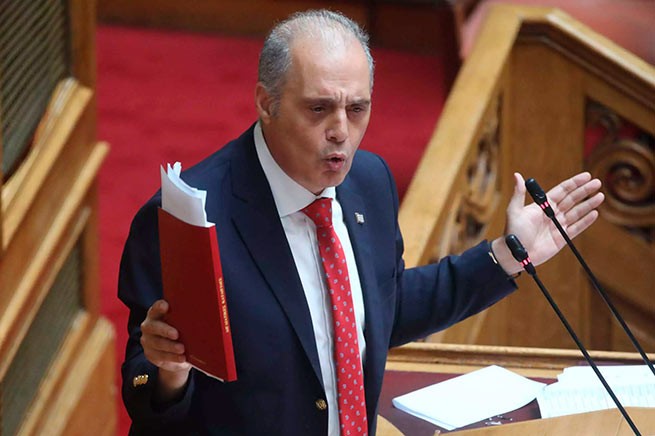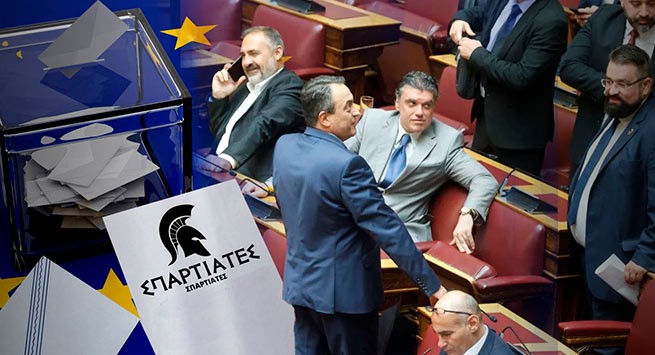More than three hundred thousand refugees from Ukraine are fleeing the war in Germany. Some immigrants from Russia, who have been living in the country for many years, are ready to make room – they offer shelter and help at first to Ukrainian refugees.
How do the citizens of the two warring countries get along together, she became interested dw. Are there conflicts due to claims and grievances?
Here, for example, is the Mayer family (surname changed), who sheltered Ukrainians who fled the war, who are now gradually getting used to a normal life. It seems a trifle, but joint evenings on weekends watching TV help to get distracted, to forget about the horrors of war. Natasha Mayer talks about how Mr. Bean, a popular comedian, became another “resident” of the apartment and the soul of the company:
“When we watch Mr. Bean together, we completely relax. It cheers us up, and Polina’s laugh is so contagious that we can’t stop laughing.”
Natasha is a native of the Caucasus who has been living in Germany for over 20 years. She has a husband and two children, the family lives in the Bonn area. Twelve-year-old Polina fled the war with her mother Anna and grandmother Larisa. Before the war, they lived in one of the suburbs of Kyiv. The girl’s father and grandfather remained in Ukraine. The family has been living with Natasha since March 16.
The decision to accept refugees from Ukraine was for Natasha the result of a mixture of several feelings – indignation, protest, compassion. She realized that she just had to help:
“Belarusians, Ukrainians, Russians – we have a lot in common in our cultures. I ask myself, where do we differ? And now, after this war, we suddenly have to become enemies? Why? So far everything is working fine, as if relatives came to visit us, we haven’t had a single conflict yet.”
For guests from Ukraine, the family vacated the nursery. All of them speak Russian at home. Afraid of becoming a burden, Anna immediately took over the duties of the kitchen. She says:
“We are very sad about what is happening in Ukraine, but we feel very comfortable here, we were very warmly welcomed. It is not a problem for us to live in a Russian family in Germany. In addition, many Russians are now leaving their country in protest against the war. The focus is on people and how they treat each other. Natasha is not to blame for being born in Russia. We do not choose the place of birth, and it does not define a person.”
Natasha’s husband says that they don’t talk much about politics. And even more so, they do not argue, since they are all on the same side – against the war and Putin’s policies. But one question worries everyone: when will peace finally come?
Polina started going to a German school and already memorized a few German words. But Anna and Larisa refused the integration courses offered by Natasha:
“You don’t have to do that. Why? We’ll be back home soon.”
The Russian community in Germany, as in other European countries, is highly polarized. Some, like Natasha Meyer, denounce the attack on Ukraine and disinterestedly give shelter to refugees. Others, far fewer in number, vehemently support Russia’s aggression. It is they who organize motor rallies with Russian flags, demonstrating their attitude to the ongoing special operation.
Natasha was also involved in the conflict that broke out over wars in Ukraine. For several years, she was part of a group of friends on WhatsApp, learning foreign languages. Five of them remained at home, four live in Western Europe. During the first two weeks after the Russian invasion, this topic was silent in the group – as if nothing had happened. But events developed, and in the end, Natasha Mayer broke down and sharply criticized the Russian attack on a neighboring country. She talks about the reaction:
“The one of us who made the biggest career and lives in Moscow left the group in a rage. Another, on the contrary, wrote: the situation here in Russia, as in Germany in 1937, is one to one. One of the women living in Western Europe, has severed contact with her family in Russia and wants nothing more to do with them.”
Most of all, Natalya is upset by communication with relatives who have remained in Russia:
“This war is destroying families. Friendships are ruined by what political position you take. My mother and I always quarrel when we talk about the war, so we try to avoid this topic. Relatives in Russia do not even know that we accepted Ukrainian refugees.”






More Stories
IOBE: Poverty threatens Greece
At what age does it start "third age"
After 2027, the retirement age will increase by another 1.5 years